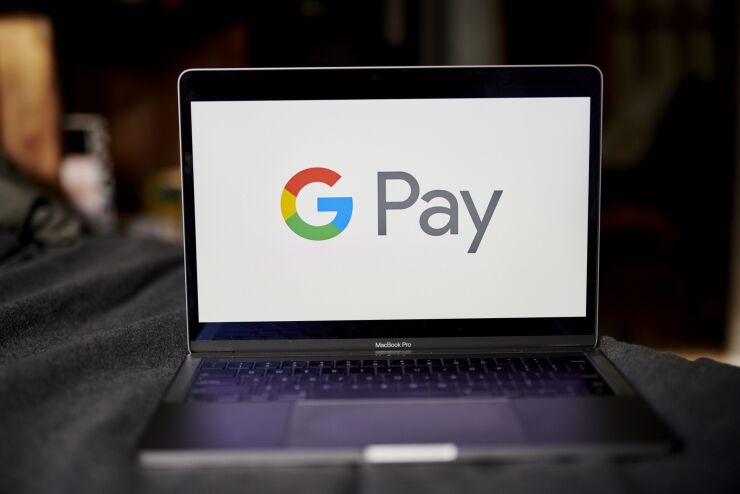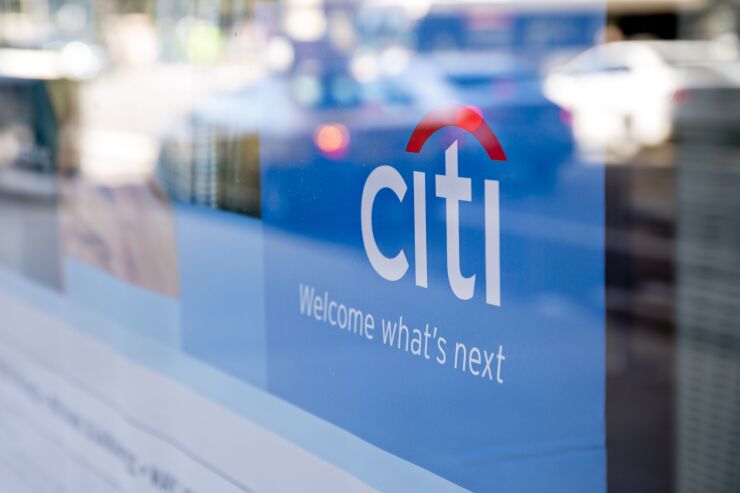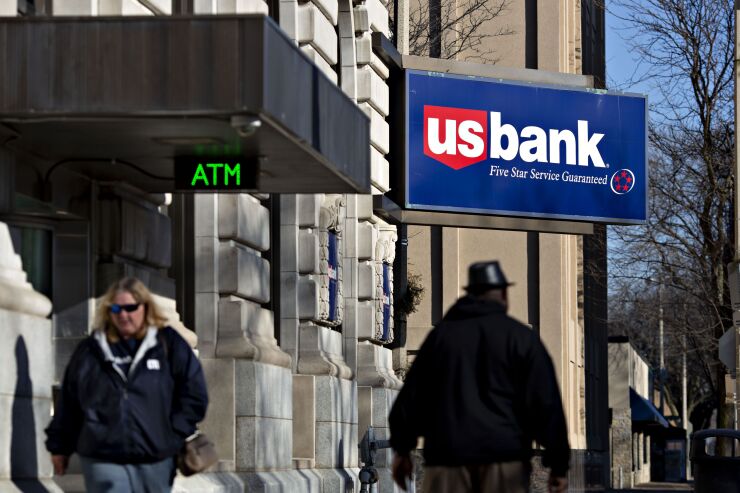When the adoption of buy now/pay later loans skyrocketed during the pandemic amid relatively low interest rates and lockdown-accelerated e-commerce shopping, one of the biggest unanswered questions was how these loans would fare when economic conditions shifted.
The verdict is in: BNPL loans are flourishing despite higher interest rates and inflation. Use of BNPL loans for online purchases on the Monday after Thanksgiving
The industry's ongoing success also fuels concerns.
BNPL is not a winner-takes-all market, said Larry Diamond, co-founder of the BNPL fintech Zip. "Sixty percent of consumers are living paycheck-to-paycheck, and BNPL loans provide an alternative way for people to budget their spending that feels simpler than a traditional credit card," he said.
Here's a closer look at some of the new trends and strategies BNPL lenders are using to stay relevant in the rapidly changing consumer finance landscape.










